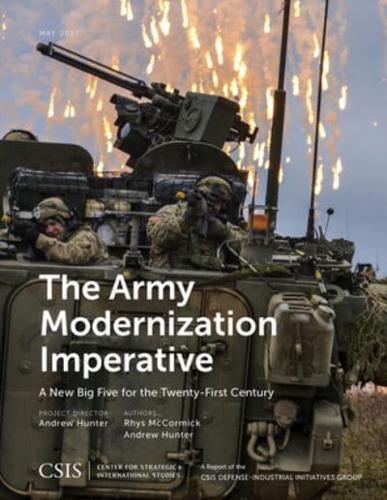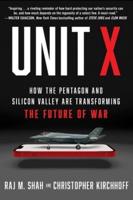Publisher's Synopsis
The U.S. Army currently faces a difficult truth: without changes to its modernization strategy, the Army risks losing qualitative tactical overmatch. A lost procurement decade and recent, significant modernization funding declines have resulted in an Army inventory that remains heavily leveraged on the "Big Five" programs, originally procured in the 1970s and 1980s. Meanwhile, technology proliferation has made potential state and nonstate adversaries increasingly capable; shrinking the U.S. overmatch advantage and in some cases surpassing it. While current and projected future Army modernization funding is below historical averages, necessitating increased modernization funding to ensure continued U.S. qualitative tactical overmatch, the Army's modernization problem cannot be fixed only by increasing modernization funding. Additional funds also need to be accompanied by an updated Army modernization strategy that presents a compelling case for modernization funding and sets clear priorities for fulfilling future operational requirements.









